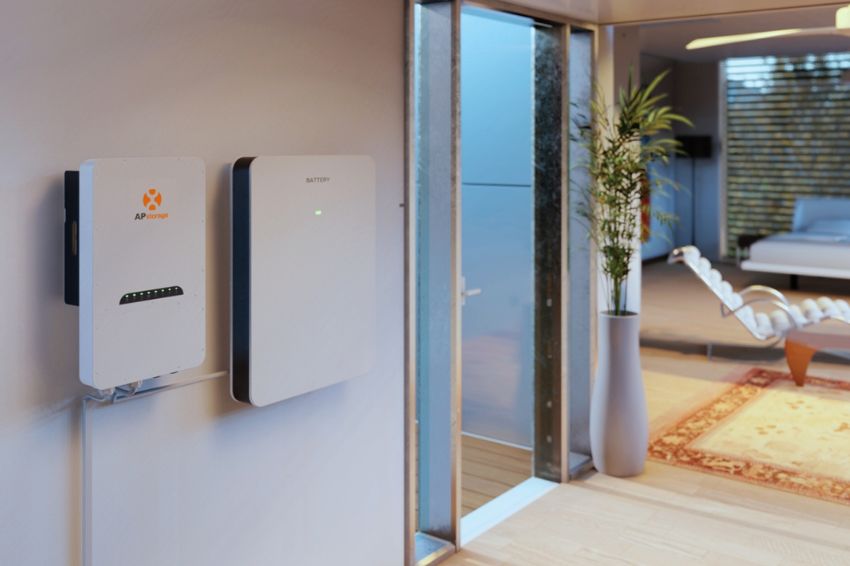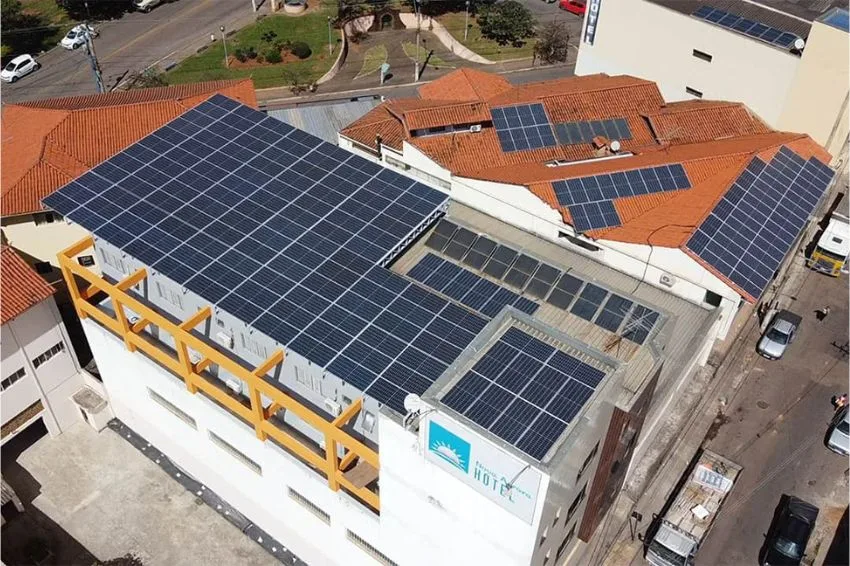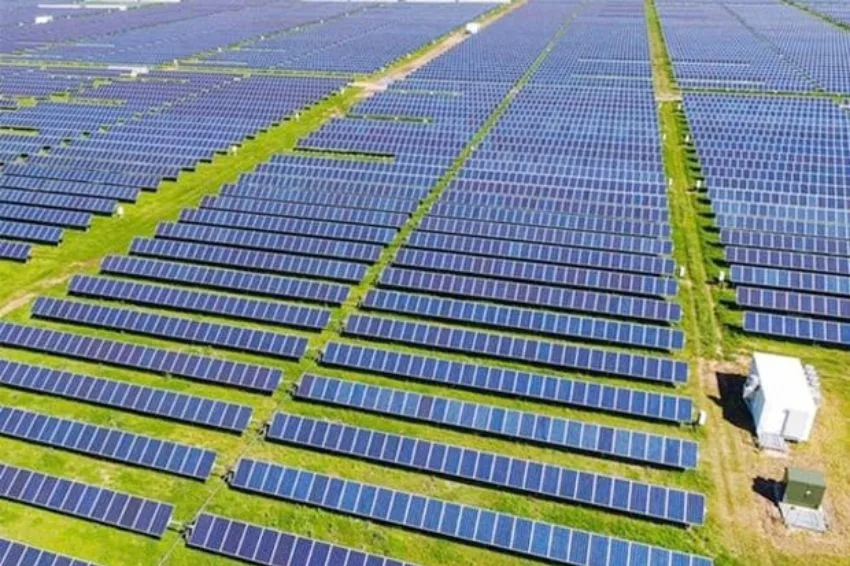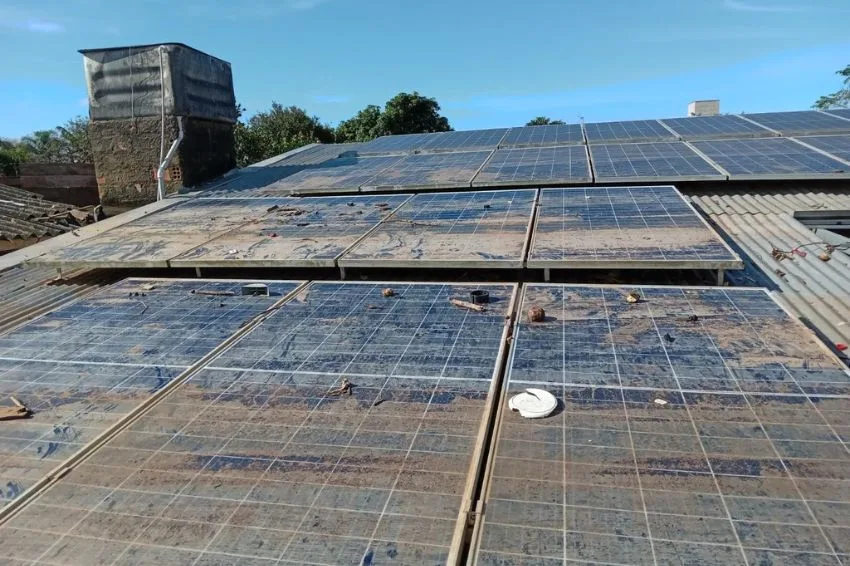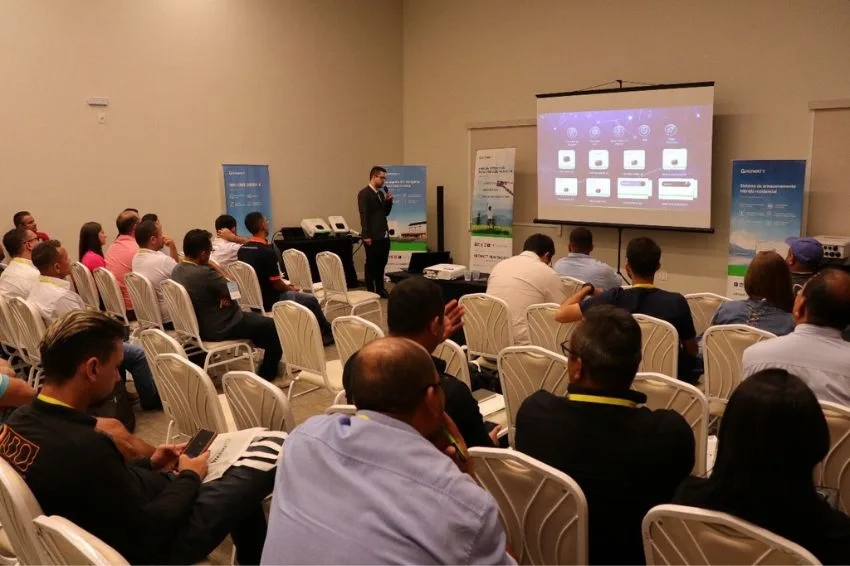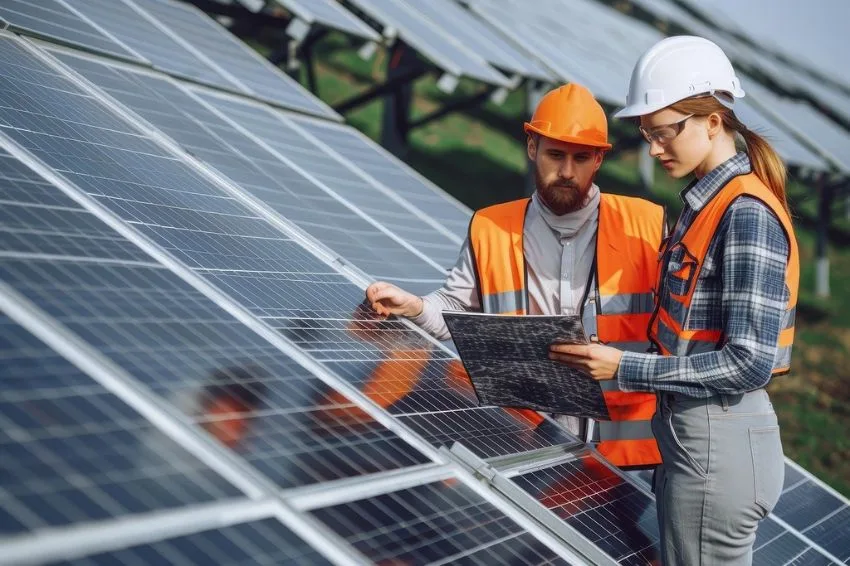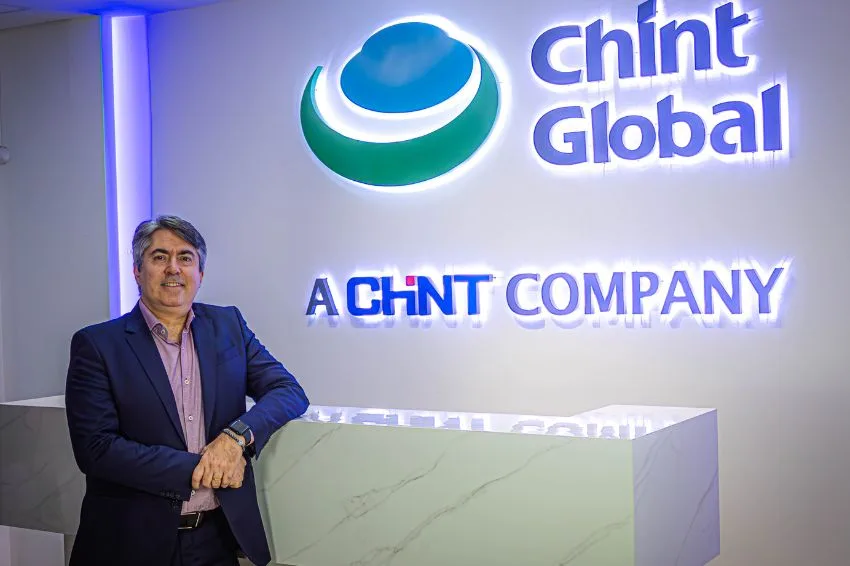Systems in storage in the solar sector in Brazil and around the world have already established themselves as a unique reality. Acceptance of the use of batteries in photovoltaic projects It is an issue that deserves attention. The solutions are not only relevant, but in fact will become progressively more crucial.
Keeping an eye on this scenario, the APsystems launched the APstorage, one of those storage solutions with backup functionality. The product gives users the ability to manage their energy consumption.
For areas prone to frequent utility power outages, the backup function allows the battery to kick in when the conventional power grid is unavailable.
“The APstorage solution is especially relevant for regions of Brazil that suffer from a lack of electricity. During the day, when the grid disconnects, APstorage, with its off-grid backup function, supplies the load with the system's production, ensuring the operation of essential loads”, highlighted the engineer Mariani Pereira, national manager from the APsystems.
A Ecori Solar Energy, the largest distributor of APsystems products worldwide, already offers the APstorage solution in the Brazilian market, alongside the portfolio of microinverters, developed to meet the diverse needs of the segment in Brazil.
Restriction imposed by concessionaires
One challenge faced by the sector is the restriction imposed by utilities, which do not allow the connection of photovoltaic generators due to fear of reverse energy flows in the distribution system.

“For users who cannot or prefer not to inject energy into the utility grid, the self-consumption function allows the photovoltaic system's battery to accumulate energy during periods of surplus production and supply this stored energy when the photovoltaic system cannot meet demand. of load consumed”, explained the engineer.

In practice, Mariani stated that this mode of operation provides greater independence to the consumer and contributes to reducing costs on the energy bill, making the investment more viable. This occurs by avoiding the charge for the “Fio B” tariff component and taxes that may be added to the invoice.
Consumers with solar and battery do not suffer from blackouts
High energy demand and, occasionally, specific incidents can lead to interruptions in electricity supply, as exemplified by the blackout that occurred in August 2023, which affected 25 states and the Federal District.
There are storage solutions created to reduce such interruptions, enabling the use of stored energy to power critical loads in the installation during blackouts, thus providing energy security for the consumer.
Geraldo Silveira, engineer at Solar Channel, highlights the use of hybrid systems as a solution, especially for smaller consumers, who can keep the lights in a house on even in cases of power outages across the entire electrical network.
“At the household level, a consumer who lives in a region affected by the blackout, if they have installed a hybrid solar system with batteries, will not be without electricity. This happens because it would be able to prioritize emergency loads in the configuration of its system”, he concluded.


